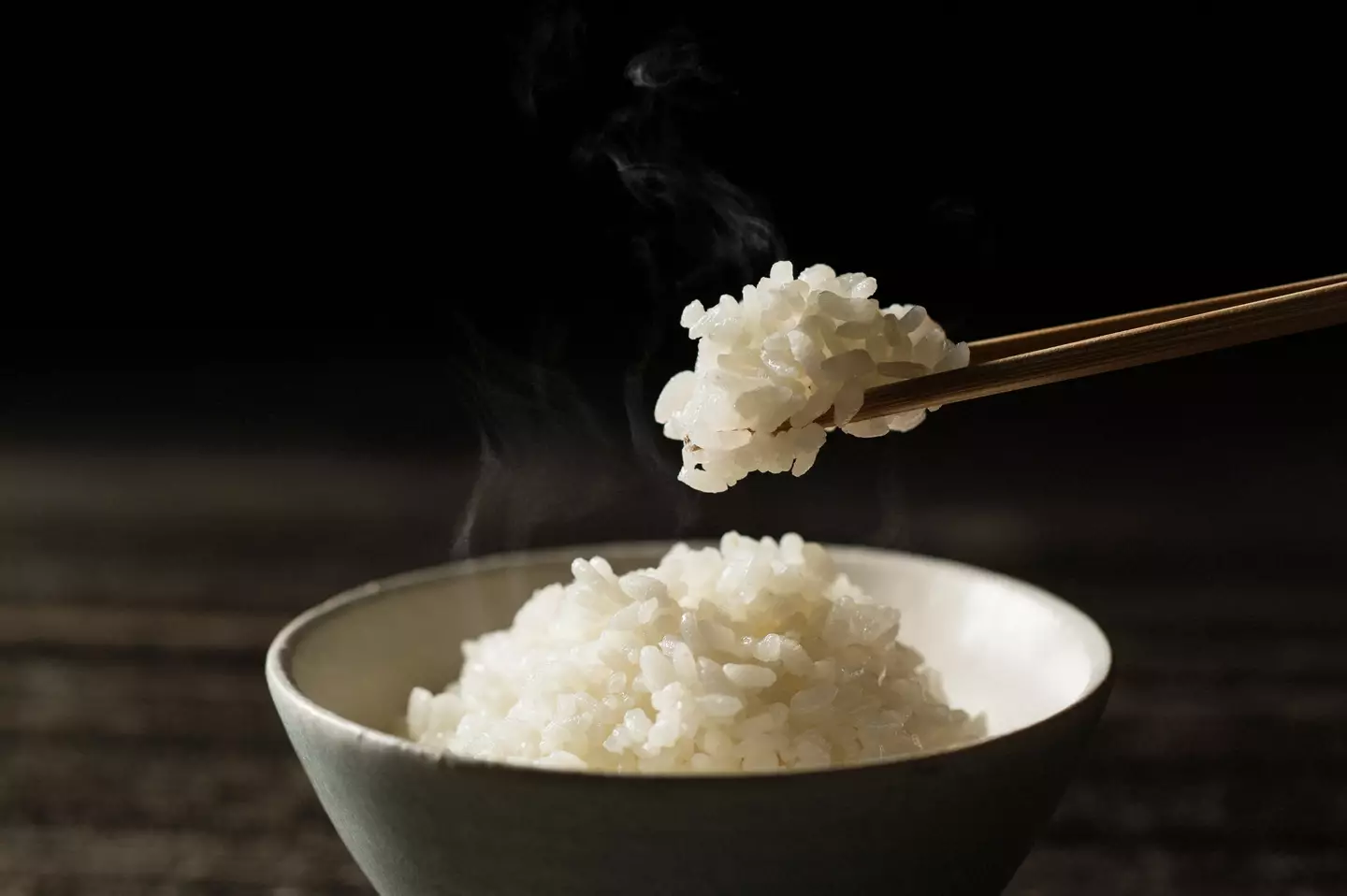
The Japanese are a famously healthy and long-lived people. With an average life expectancy of 84, people in Japan can expect to live an average of more than seven years longer than Americans.
Australians average 84 while people in the UK live for an average of almost 82 years, but even as other nations close the gap it’s the Japanese with the longest lifespans. The global average is around 73.

Along with a robust healthcare system, Japan is known for having excellent traditional foods that make for healthy, balanced, and longevity-boosting diets.
Advert
One of those is the washoku diet, which focuses on white rice, miso soup, mushrooms, fish, soy foods, seaweed and green tea. Along with being great for your body, this diet has also been linked with improved mental health.
A study focusing on 12,500 working adults in Japan found that washoku diet adherents were much less likely to suffer from depression than those who regularly ate the processed meat, refined grains, high-sugar treats and fried grub typical of Western diets.
Augmenting the washoku diet with extra fruit, vegetables and dairy, along with reducing salt intake, compounds the benefits. Participants in the study showed a tendency towards better mental health in line with how closely they followed this particular diet.

The data showed the washoku diet yielded a 17% reduction in reported depression, while the upgraded version detailed above bumped that up to 20%.
Haruka Miyake, lead author of the study at the Japan Institute for Health Security, said: “Depression is a growing public health concern worldwide, and diet is increasingly recognised as a modifiable factor that may influence mental health.
“We found it encouraging that our results supported the hypothesis: individuals whose diets more closely adhere to dietary patterns rooted in Japanese food culture tend to report fewer depressive symptoms.
“Although further research is required to establish a causal relationship between adherence to the Japanese diet and depression prevention, these findings highlight the promise of promoting traditional dietary practices as part of broader public health strategies aimed at improving mental health.”
The study, published in the Psychiatry and Clinical Neurosciences journal, concluded that foods in the washoku diet can activate neural pathways associated with feeling good and emotionally stable.

If you want to give it a go for yourself, it’s a relatively simple diet to follow. Some things to consider include: prioritising high-folate foods like spinach, leafy vegetables and seaweed; eating a diverse range of colourful vegetables; supping some green tea; adding umami flavours like soy sauce, parmesan, mushrooms, and chicken skin to your meals; wolfing down oily fish; and cutting back on the ultra-processed foods (UPFs).
